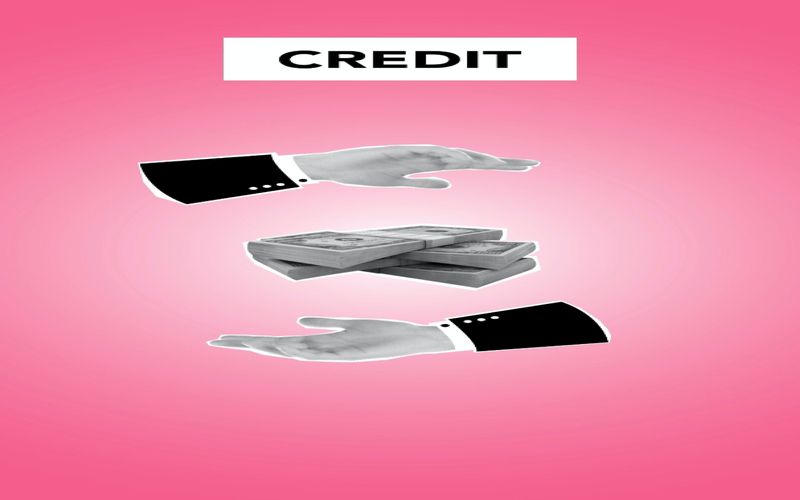Will Carrying a Balance on Credit Cards Help My Credit Score?
Paying your charge card bills in full every month will not harm your credit score — and it’s the most economical way to use plastic.
However, having even a small amount on your credit card each month is not always good for your credit score. This myth has been unfounded for a long time.
It’s true that paying off your debts as promptly as possible, every time you’re able, is what’s useful for your credit rating — and repaying your debt in its entirety, as a way to avoid interest costs, is the most cost-efficient strategy.
Here’s how you need to organize your credit card payments in order to protect your credit.
You do need to use credit
The objective of maintaining or building your credit is to demonstrate your consistent ability to pay back a loan. One way to make this happen is to use a credit card regularly, then repay your bill on time.
Pay attention and take care not to drop any payments, as payment history has the most significant influence on credit scores. A mistake on this factor can seriously affect your score.
Does spending more money build credit faster?
It’s vital to put some of your available spending into a credit card from time to time, but you will still receive decent rewards even if you spend a little more. Aim to use no more than 30% of your limit on any of your cards, and keeping your lineup of credit utilization as low as possible will help increase your credit score.
To keep your use of credit low, you should:
- Sign up for balance notifications from your credit card issuer so you can stop using a card if the balance of your account gets close to being 30% of the credit limit.
- Accomplish several sales throughout a month to reduce account balances.
- New credit exceeding your income may lower your credit utilization by lowering your total credit limit, so long as your spending is unchanged.
- Your credit utilization could skyrocket due to the removal of available credit from lost cards. Give careful consideration to closing old or abandoned credit cards, as they contribute to your overall credit limit.
- If you open a new credit card, you can increase the amount of available credit on your existing cards, though you should research the best credit card for your needs beforehand.
Carrying a balance is costly
FICO’s credit scoring system gives more points to people who don’t pay their credit card bills in full and carry balances than they do to those who pay off their monthly bills in full. VantageScore, too, assigns more points to individuals than FICO does.
In fact, if you get into the habit of loading less than the full amount onto your card, your credit score could become ruined if your balance spikes.
It is smart to remember your overall financial picture when considering whether to use resources to enhance your credit score. Chasing a credit score for a few points is rarely a smart move if it means costing you more money in interest.

